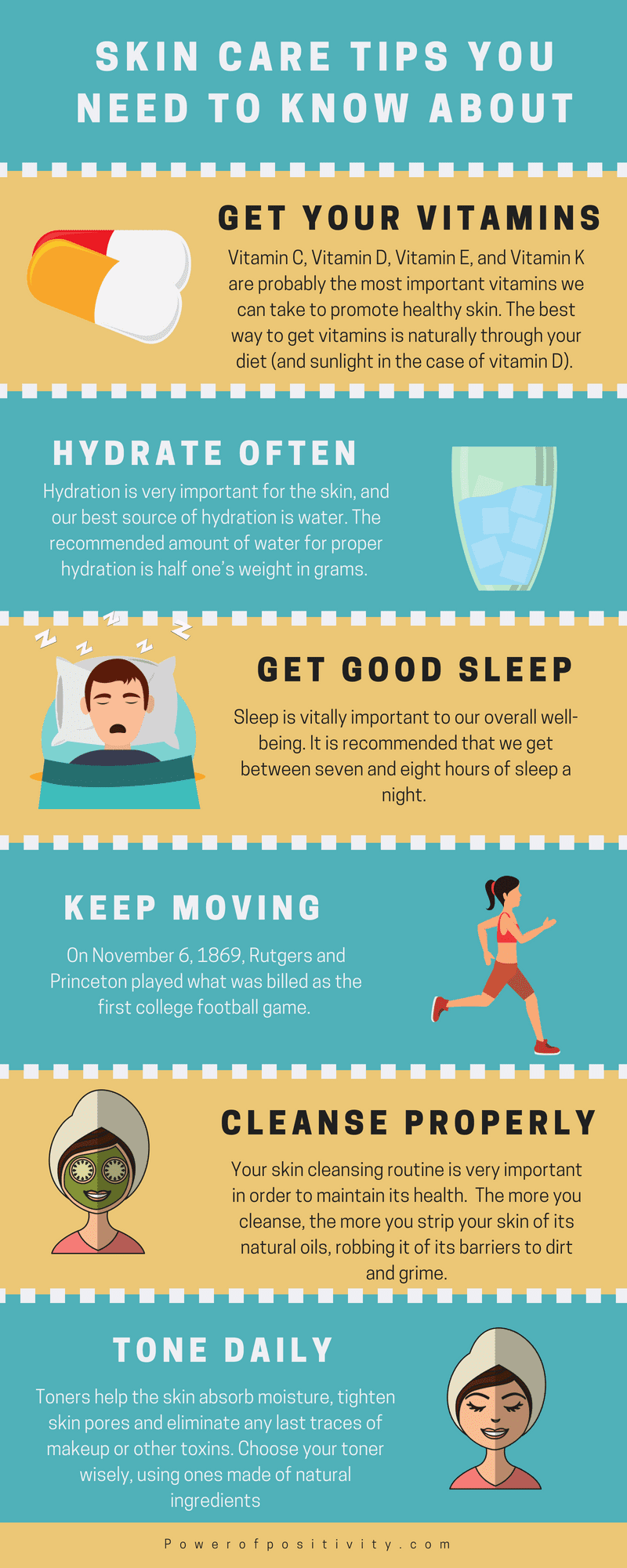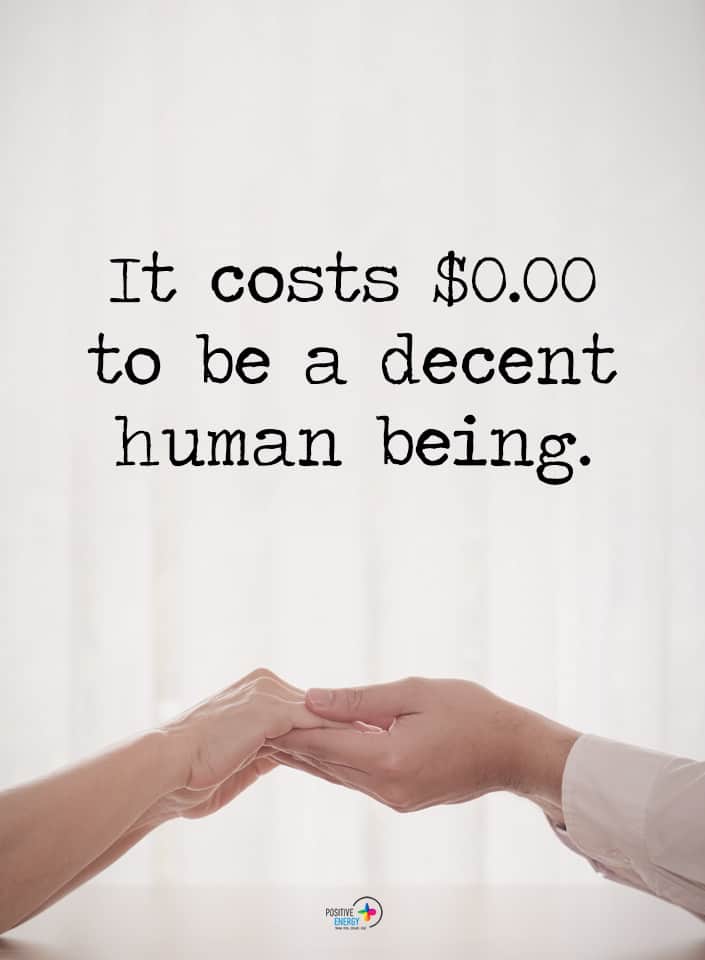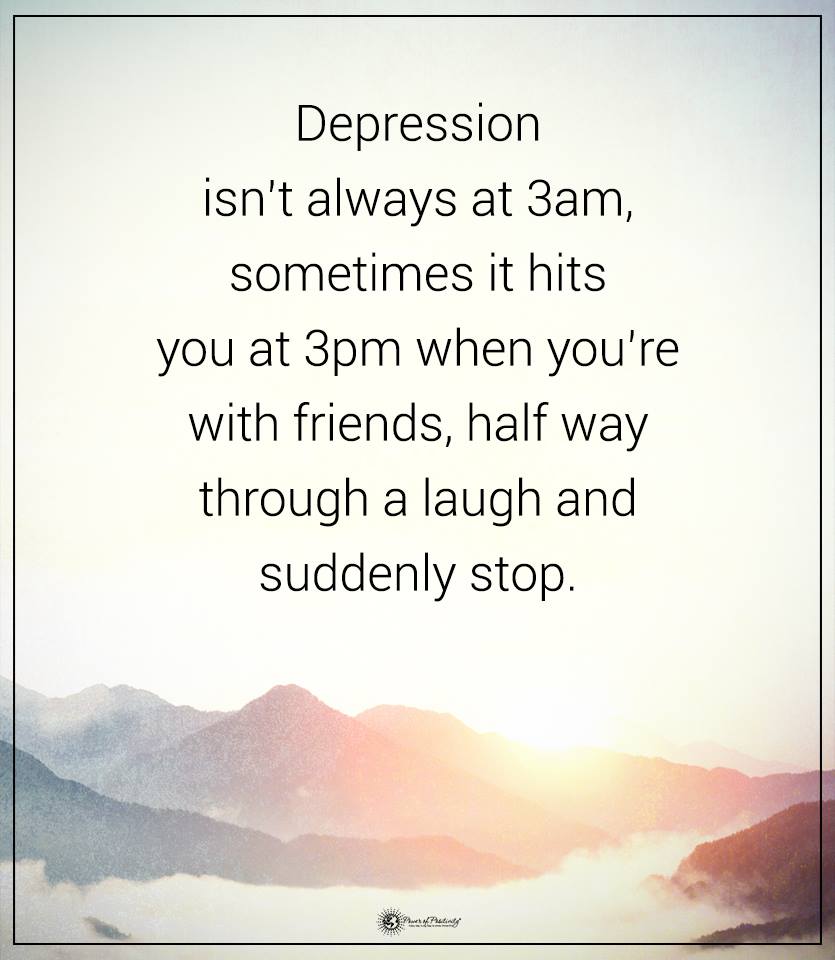Our friends should make us feel happy, exhilarated, alive, and most of all, healthy. Many people look to friends for support, community, and laughter, but when a friend doesn’t pull their weight or does something to intentionally hurt you, it can really damage your mental health. A friendship can, in large part, determine our happiness. After all, we require human connection for fulfillment, health, and happiness, so it’s of utmost importance to find people that we can bond with on a deep level.
Unfortunately, there are many unhealthy relationships. Why people keep up these harmful relationships, we can only speculate. However, any length of time that you feel your mental health has been compromised is far too long when it comes to friendships. In order to have a happy, healthy life, make sure to evaluate your mental state after having interactions with friends to see if they are really worth keeping around or not.
Here are 5 signs your friendship is bad for your mental health:
1. Feeling like you have to tiptoe around that person.
A real friend would never want you to hold back your thoughts and feelings, and encourage you to share whatever is on your mind. However, a friend that doesn’t support your mental health would make you feel as though you have to censor yourself around them. This friend might become easily upset or angry, so you feel you have to watch what you say around them in order to keep them happy. If you can’t feel comfortable around a friend and have to babysit their emotions, this friendship probably isn’t good for your mental state.
2. Excusing their behavior
Sometimes, we like to find excuses for someone’s actions in order to feel better about spending time with them. Maybe we understate what they’ve done, or blame it on them working long hours and just not having mental clarity. If this “friend” says something rude to us, we might just convince ourselves that they were “just joking” or “didn’t really mean it.” We can come up with all sorts of excuses to justify someone’s behavior, but that doesn’t mean their behavior should be excusable. If a person is continually rude to you, tries to belittle you, or disregards your feelings, they’re most definitely not going to promote positive mental health.
3. Feeling like you have to beg for them to hang out or make time for you
Real friends never blow you off or tell you they’re too busy to see you. While they might have to rearrange their schedule a bit, a true friend will never use lack of time or energy as an excuse to avoid hanging out. A clear sign of a true friend is that they always seem to follow through with their promises and see you no matter how busy their life gets.
They don’t allow life to take over and just toss you aside when things get hectic for them; they include you in their life, and set aside specific times each week to catch up with you. If you have a friend who constantly blows you off and ignores your calls or text messages, this can severely impact your mental health if you considered them a close friend.
4. Feelings of distress when you’re around them
If you’ve had this friendship in your life for a long time, you might just excuse these feelings as normal because you’ve gotten used to them. However, feeling anxious, depressed, or on edge around someone does not represent a healthy relationship. If you have a sense of dread before hanging out with them, and it only worsens in their company, they probably aren’t going to be good for your mental health. You should have friends who encourage you to better your life and make you feel excited and optimistic about it. If you feel the opposite around them, and you can’t seem to get through a conversation without feeling drained or depressed, you should definitely consider making new friends who will support you and look after your mental state.
5. Not feeling good enough in the friendship
A real friend will allow you to be whoever you want to be, without judgment. True friends don’t ask you to change the parts of yourself that even you can’t accept – they embrace you anyway, flaws and all. They put your insecurities to rest, and actually find beauty in your imperfections. A true friend will love and adore you for whatever you identify with, and will admire you for both your strengths and weaknesses.
True friends don’t place conditions on your friendships – they let you come as you are, and don’t put any pressure on you or the relationship. If you don’t feel good enough around this person, and they ask you to change your personality or specific things about yourself, you should leave the friendship before it impacts your mental health even further.















